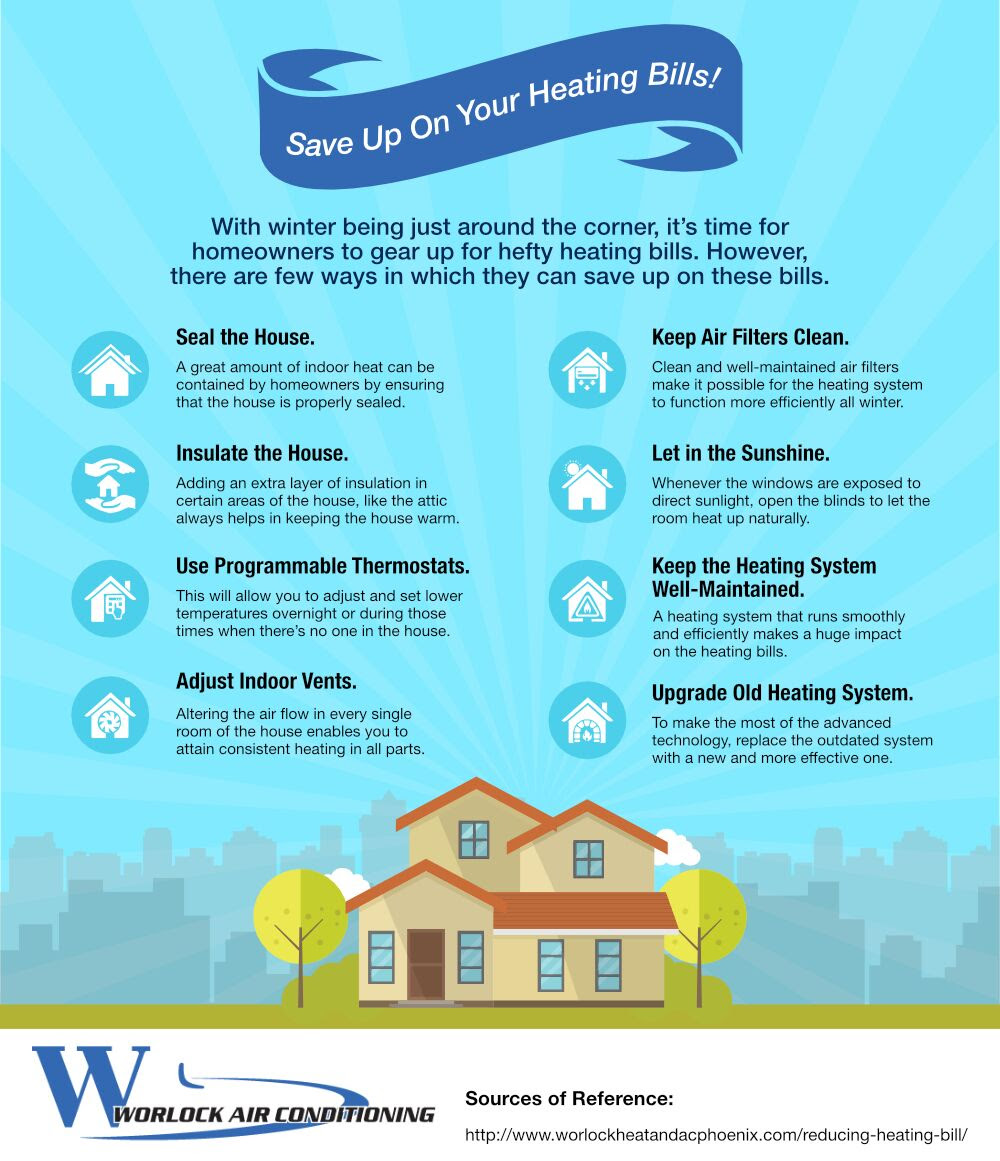Heatpump Vs Furnace - Which Is The Better Home Heating Alternative For Your Home?
Heatpump Vs Furnace - Which Is The Better Home Heating Alternative For Your Home?
Blog Article
Web Content By-Huff Matthiesen
Many homeowners are familiar with heaters, which warm homes with oil or natural gas and push hot air through ductwork. They are relatively affordable and can provide dependable home heating also throughout a winter season power blackout.
Nevertheless, they use nonrenewable fuel sources and create carbon monoxide gas and other air contamination. They additionally aren't as energy-efficient as a high-efficiency heat pump.
Cost
Usually, heat pumps are extra affordable to operate than heating systems. They commonly use electrical power and cooling agent to remove warmth from outside air, and after that transfer it right into your home. You can benefit from cheaper electricity rates throughout off-peak hours to further decrease your heating prices.
Unlike mitsubishi heat pump servicing , gas or wood-burning heating systems use combustion to generate warm, giving off flue gases into the atmosphere that can be harmful to your health. These heaters are also much less energy-efficient than heatpump, and their higher operating expense can accumulate over time.
Heating systems are a lot more difficult than heat pumps and need regular upkeep to ensure the correct function of all parts. Despite this, they have a tendency to last longer than heatpump with a typical life expectancy of twenty years or more. However, you'll need to consider the expense of gas, fuel oil or timber and the additional devices needed for installation and operation such as air ducts and air flow systems.
Energy Effectiveness
Heatpump have a greater energy performance ranking than furnaces. These systems utilize electrical power to scavenge warmth from the air, also in freezing temperature levels. They can likewise remove excess warmth from the home throughout warmer months and recycle it to cool the system. copyright experts can aid you establish the best design for your home on environment and resource energy expenses.
Heating systems melt gas oil, propane, gas or other types of nonrenewable fuel source to heat up the air in the home. This air is after that dispersed with ductwork using a large follower. Heaters generate greenhouse gases and need regular maintenance and tools upgrades to make certain risk-free operation.
The most significant benefit of a heater is that it can be run also in severe winter months conditions due to the fact that it does not depend on outdoor temperature levels to heat the air. Furnaces also have a longer life expectancy than heat pumps and typically last 15 years. simply click the up coming website can also be coupled with dual gas choices, which choose the most efficient home heating choice based upon the climate.
Environment
Heat pumps work well in modest environments and utilize less resource power than heaters. However, if your area is extremely chilly, you might need to purchase a standard gas heater rather.
Furnaces give warm, relaxing warm and normally provide quick heating to raise interior temperatures. These systems can be made use of with a range of fuel types, including natural gas, lp, oil or electrical power.
They eat more energy than heat pumps-- approximately 3x as much-- and require ductwork that's costly to mount or retrofit. They're additionally a lot more expensive to preserve, as they can trigger air high quality problems and produce greenhouse gas emissions.
If you're dedicated to minimizing your carbon footprint, a heatpump is a great choice for your home. They have less greenhouse gas exhausts than heaters, specifically if you pick a power STAR ® heatpump. Your neighborhood Provider expert can explain the differences between these two heater and help you make the most effective decision for your unique demands.
Individual Preferences
Heaters can be extremely energy reliable when powered by gas, propane or oil, however they aren't as power effective as heatpump in frigid environments. They can also be a lot more costly to mount, calling for gas lines and air flow systems.
Nonetheless, heating systems often tend to call for much less upkeep, which can result in lower recurring expenses. They produce fewer greenhouse gases and are much more trusted than heatpump during extreme climate.
Electric heatpump are more functional in producing indoor comfort since they can also act as air conditioning unit during warmer months. They can be more convenient to preserve, requiring just regular air filter modifications and occasional vacuuming.
If you favor the ease of a single system that does it all, take into consideration a hybrid heating service that sets a furnace with an electric heat pump. These systems can automatically change in between the two heating choices based upon your home's requirements and temperature problems, making the most of performance and financial savings.